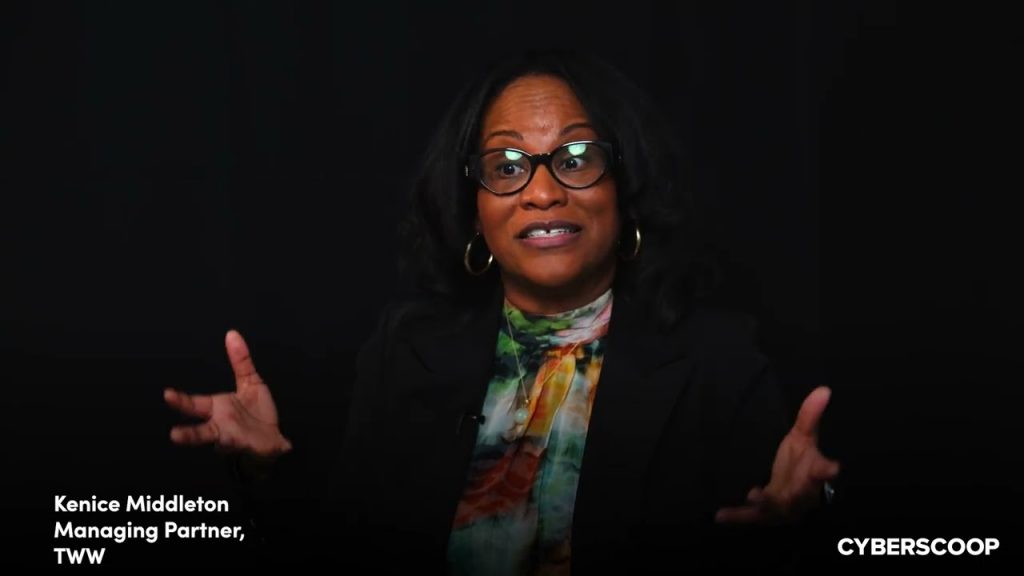A VPN, or Virtual Private Network, is a way to make a safe connection to another network over the internet. You may use VPNs to visit websites that are blocked in your area, keep browsing privately when you’re on public Wi-Fi, and leverage a tool that encrypts your data and masks your IP address to create secure access to the World Wide Web.
Cyber threats are ever-present, and ensuring the security of your online activities has never been more critical. One effective tool for bolstering your cybersecurity is a VPN. In this blog post, we’ll discuss bolstering your cybersecurity, including why people use VPNs, how they work, the various types available, and tips for choosing the best one for your needs.
Why Use a VPN?
- Enhanced Privacy: A VPN encrypts your internet connection, making it difficult for anyone—be it hackers, Internet Service Providers (ISPs), or government agencies—to monitor your online activities. This is particularly important for those who frequently use public Wi-Fi networks.
- Secure Data Transmission: By encrypting your data, a VPN protects sensitive information, such as passwords, contact information, and financial details from potential interception.
- Access to Geo-Restricted Content: VPNs allow users to bypass geographical restrictions, giving access to content that may be blocked in certain regions, such as streaming services or websites.
- Bypass Censorship: For users in countries with strict internet censorship, a VPN can provide a means to access blocked websites and communicate freely.
- Safe Remote Access: For businesses, VPNs enable employees to securely access company resources while working remotely, ensuring that sensitive data remains protected.
How Do VPNs Work?
VPNs function by creating a secure, encrypted tunnel between your device and the internet. Here’s a simplified breakdown of how this process works:
- Connection Initiation: When you connect to a VPN server, your device establishes a secure connection with that server.
- Data Encryption: Your internet traffic is encrypted before it leaves your device, making it unreadable to anyone who intercepts it.
- IP Address Masking: The VPN server replaces your real IP address with its own, making your online activities more anonymous.
- Secure Data Transmission: Your data travels through the encrypted tunnel to the VPN server, which then forwards it to the intended destination (e.g., a website). Responses from the website are sent back through the same tunnel, ensuring your data remains secure throughout the process.
Types of VPNs
Understanding the different types of VPNs can help you choose the right one for your needs:
- Remote Access VPN: This type allows individual users to connect to a private network from anywhere. It’s commonly used by remote workers to access company resources securely.
- Site-to-Site VPN: This connects multiple networks, allowing offices in different locations to communicate securely. It’s often used by businesses with multiple branches.
- Mobile VPN: Designed for mobile devices, this type maintains a secure connection even as you switch networks, such as moving from Wi-Fi to cellular data.
- Client-Based VPN: Users must install specific software on their devices to connect securely to the network.
- Browser-Based VPN: These are often available as extensions for web browsers and provide an easy way to enhance privacy while browsing.
How to Choose the Best VPN
With countless VPN options available, selecting the right one can be daunting. Here are some essential factors to consider:
- Security Features: Look for robust encryption standards, a strict no-logs policy, and additional features like a kill switch and Domain Name System (DNS) leak protection.
- Speed and Performance: Ensure the VPN provider offers high-speed connections to avoid buffering and slow internet access.
- Server Locations: A diverse range of server locations allows you to bypass geo-restrictions and enjoy better connectivity.
- Compatibility: Check if the VPN works across all your devices, including smartphones, tablets, and desktops.
- Customer Support: Reliable customer support can help you troubleshoot issues or answer questions quickly.
- Pricing: While free VPNs exist, they often come with limitations. Investing in a reputable, paid VPN can provide enhanced security and performance.
Conclusion
In an increasingly connected world, using a VPN is a smart choice for protecting your online privacy and security. By understanding why to use a VPN, how it works, the types available, and how to select the best one for your needs, you can take significant steps to safeguard your digital infrastructure.
If you have any questions or seek personalized guidance on VPN solutions for your business, please do not hesitate to reach out to our team of cybersecurity consultants at contact@twwenterprises.com. We are here to help you navigate the complexities of online security The Wright Way.




